DeFi vs CeFi 2025: Which One Should You Actually Trust
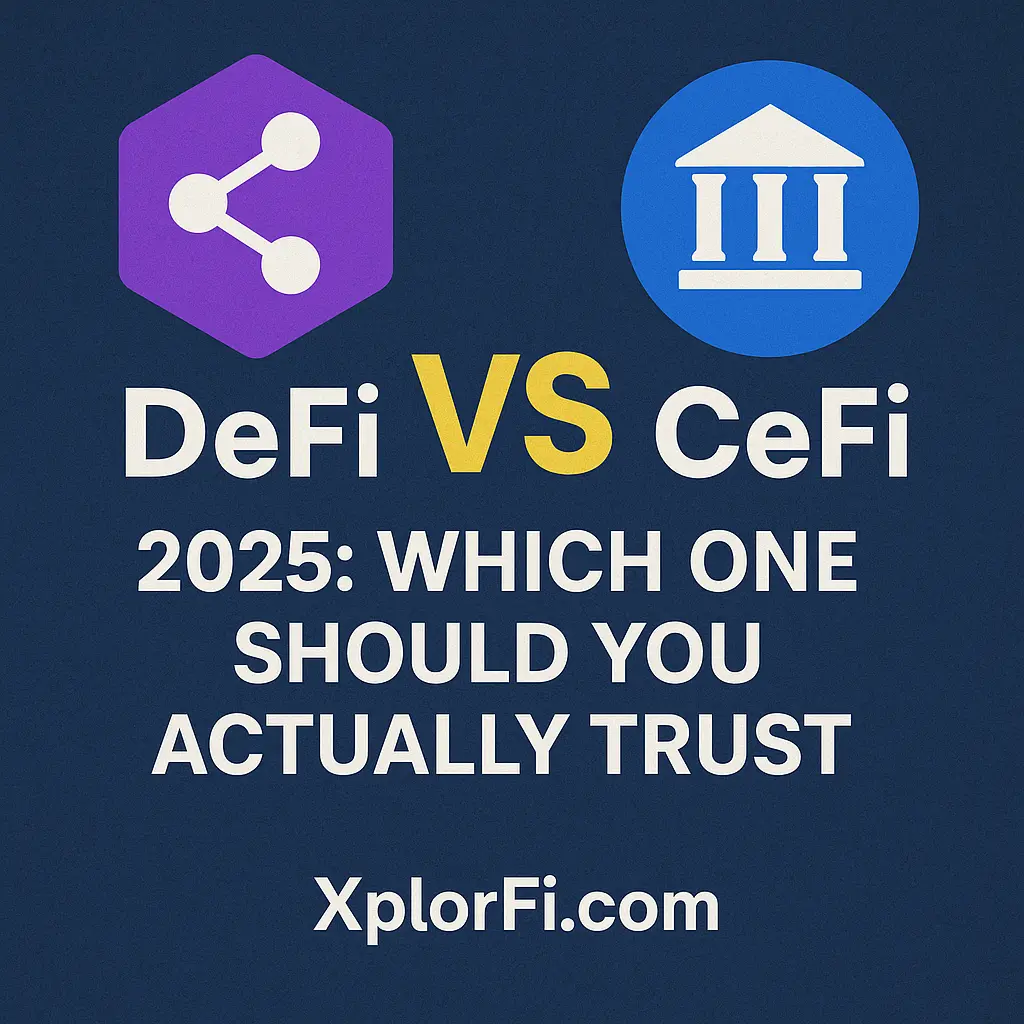
Looking to understand DeFi vs CeFi and which one you should trust? Discover the differences, risks, and top platforms in simple terms
Let me tell you! As we dive into DeFi vs CeFi, we’re seeing some serious shifts in how we handle our cash and investments. It’s all about that freedom versus security vibe, and you won’t want to miss out on the juicy details. So, grab your favorite drink, and please continue reading!
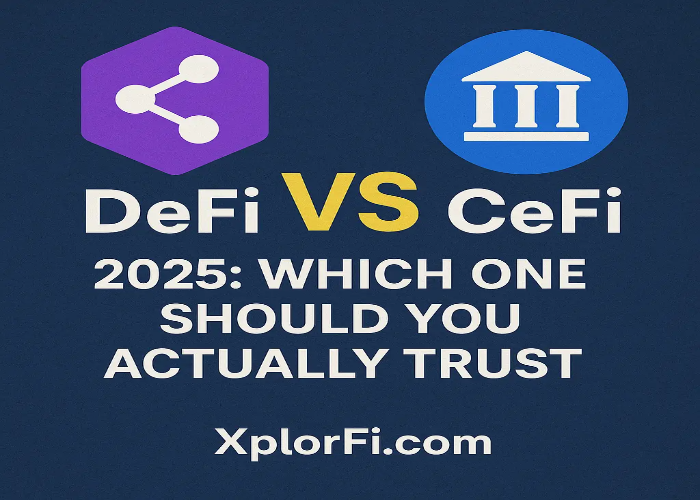
DeFi vs CeFi: Which One Should You Actually Trust?
(Let’s Break It Down Like We’re Chilling at a Café)
Imagine This…
You’re at a fancy restaurant. A waiter takes your order, and you hand over your money. Then… you just hope the chef actually cooks what you paid for — not eats it himself or gives it to his buddy.
Now picture this: you’re at a vending machine. No humans involved. You press a button, drop in your coins, and BAM — out comes your snack. No middleman, no shady vibes.
That’s basically the difference between CeFi vs DeFi.
One’s like trusting someone with your lunch money. The other? Doing it yourself with code that doesn’t sleep, lie, or steal.
So which one should you trust with your crypto?
Let’s go deep DeFi vs CeFi – What Even Are They?
CeFi (Centralized Finance) = Traditional Banking, But With Crypto
Think of CeFi as your regular bank but they also accept Bitcoin and Ethereum.
You deposit your crypto into an exchange or platform, and they handle the rest.
Examples: Binance, Coinbase, KuCoin, Gemini, Kraken.
In CeFi, you’re basically saying: “Here’s my money. Please don’t run away with it. Thanks.”
DeFi (Decentralized Finance) = Your Own Bank, On Steroids
DeFi is built on blockchain and smart contracts. No humans involved — just code.
You keep your funds in your wallet, and interact directly with protocols.
Examples: Uniswap, Aave, Compound, Curve, MakerDAO.
In DeFi, there’s no CEO who can suddenly vanish with your coins. Just math and logic.
📊 DeFi vs CeFi Comparison – Let’s Keep It Real
| Feature | CeFi | DeFi |
|---|---|---|
| Who’s in control? | Humans & companies | Code & smart contracts |
| Transparency | Limited (you have to trust them) | Full visibility (it’s open-source!) |
| Regulation | Often regulated by governments | Mostly unregulated (for now) |
| Security | Centralized targets → big risk of hacks | Code-based, but vulnerable to bugs |
| User Experience | Smooth, easy for newbies | Can be complex and confusing |
| Custody | Platforms hold your keys | You own your keys |
| Speed | Usually fast | Depends on network congestion |
🚨 Risks & Rewards – DeFi vs CeFi
⚠️ CeFi: Safer for Newbies, Riskier If Things Go Wrong
Pros:
- Easy to use
- Customer support (yes, real people!)
- Insured accounts sometimes exist
Cons:
- Centralized → hackable → bankruptable (see: FTX crash)
- You lose access if the platform goes down
Ever heard of “withdrawal暂停”? Yeah, that’s CeFi saying “nope” when things get messy.
⚡ DeFi: Freedom Vibes, But You Need Brains
Pros:
- You control everything
- Transparent, permissionless, unstoppable
- High yield opportunities everywhere
Cons:
- Complex for beginners
- Rug pulls, exploits, flash loans — all real threats
- If you mess up, there’s no helpdesk
DeFi is like giving a teenager the keys to a Lamborghini. Super fun, unless they crash it.
🛡️ Regulation – DeFi vs CeFi?
CeFi = Regulated Like Banks (Kinda)
Most CeFi platforms follow KYC (Know Your Customer) and AML (Anti-Money Laundering) rules.
Governments are starting to regulate them more strictly, especially after the FTX collapse.
Example: SEC in the US is cracking down hard on exchanges.
So CeFi might feel safer, but they can also freeze your account anytime.
DeFi = Wild West (For Now)
Since DeFi runs on code, there’s no single person or company to regulate.
Some countries are trying to figure out how to tax or control it.
Others are scared and want to ban it completely.
Right now, DeFi is like a party where nobody’s checking IDs. But the cops might show up soon.
In the wild world of crypto, DeFi vs CeFi are like two sisters with totally different vibes. DeFi is all about that freedom, letting folks trade without a middleman, but hold up—it’s got some serious regulatory challenges, ya know? Governments are scrambling to figure out how to keep it all safe while not stifling the innovation.
Meanwhile, CeFi, the more traditional sis, has to play nice with all those rules and regulations, which can cramp its style, making it less flexible. But honestly, both have their struggles. DeFi’s got the risk of scams and hacks, while CeFi is always on the lookout for compliance headaches. It’s a balancing act, and both need to find their groove in this crazy financial landscape.
🌍 Real-Life Examples – DeFi vs CeFi
✅ Top CeFi Platforms:
- Binance: Biggest crypto exchange in the world. Also got sued by the SEC 😅
- Coinbase: Super user-friendly, US-based, and regulated AF.
- Kraken: Old-school, trusted, and still standing strong.
- KuCoin: Popular among traders, but not super transparent.
Use these if you want simplicity and customer service.
🔥 Top DeFi Protocols:
- Uniswap: Swap tokens without asking permission.
- Aave: Lend or borrow crypto using smart contracts.
- Compound: Earn interest automatically based on supply/demand.
- Curve Finance: Specializes in stablecoin swaps.
- MakerDAO: Creator of DAI, one of the most stable stablecoins.
These are for the OGs who want full control and transparency.
💬 Final Thoughts – Which One Wins?
It really depends on who you are:
- 🟢 Newbie or casual investor? → Try CeFi first.
- 🔵 Tech-savvy and love freedom? → Jump into DeFi.
- 🟣 Wanna play both sides? → Do a bit of both!
Remember: trust no one blindly, whether it’s a human or a line of code.
Always DYOR (Do Your Own Research), double-check what you’re getting into, and never invest more than you can afford to lose.
🗣️ Got thoughts? Drop ‘em below 👇
👉 What platform do you trust more DeFi vs CeFi?
As we wrap up this deep dive into DeFi vs CeFi in 2025, it’s clear that both have their vibes and challenges, but the future looks super bright for the whole financial scene. Whether you’re chillin’ with decentralized options or sticking with the centralized crew, staying informed is key.
So, keep your eyes peeled and your wallets ready!. Thanks for hanging out with us for another fab article, and don’t forget to share the love with your pals. Catch ya later!
Solana Best of Decentralized Innovation
Yo Xplorianz, Got spicy takes or want us to dig into your favorite project? Slide into our inbox Facebook, or tag us on X . Stay sharp, stay weird, and keep Xploring.
Disclaimer:
This article is for informational and entertainment purposes only and does not constitute financial advice. Always do your own research (DYOR) before making any investment decisions, your money, your call. Crypto’s wild, so stay sharp out there!
Breaking Down Pi2Day 2025: Features and Impact
Revolutionary AI Crypto Tools to Dominate 2025’s Bull Run
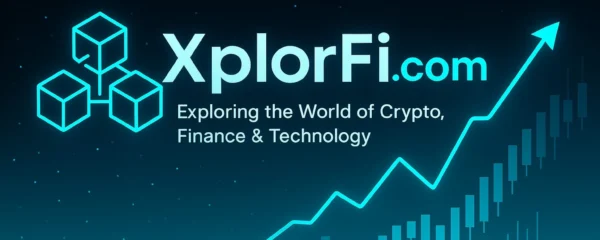


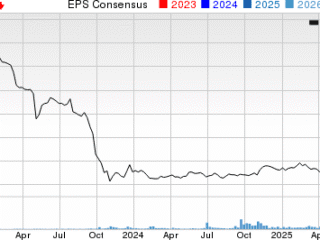

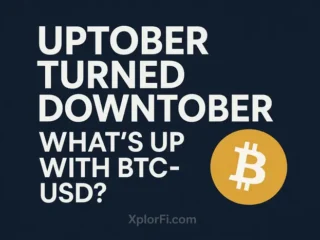
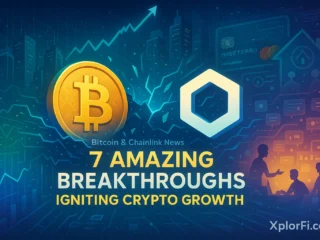

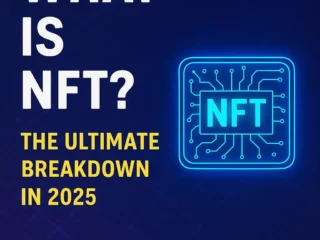
8 month ago
[…] AI Tools Transform Education 2025DeFi vs CeFi 2025: Which One Should You Actually Trust […]
8 month ago
[…] DeFi vs CeFi 2025: Which One Should You Actually TrustUSDC on XRP Ledger: Big Moves in 2025 Stablecoin Game […]
8 month ago
[…] NFT Games Promising in 2025 1 week ago What is NFT? Ultimate Breakdown in 2025 1 week ago DeFi vs CeFi 2025: Which One Should You Actually Trust 2 week ago Solana Blockchain: Best of Decentralized Innovation 2025 2 week ago ETF Crypto […]
8 month ago
[…] DeFi vs CeFi who’s better? You can read this here […]
8 month ago
[…] Who is best for DeFi vs CeFi in 2025 […]